Related Research Articles
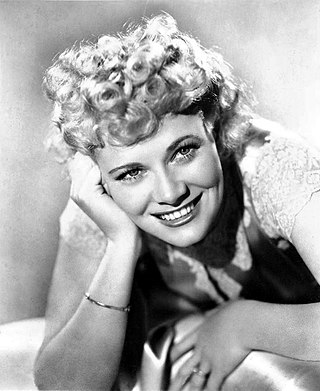
Penny Singleton was an American actress and labor leader. During her six decade career on stage, screen, radio and television, Singleton appeared as the comic-strip heroine Blondie Bumstead in a series of 28 motion pictures from 1938 until 1950 and the popular Blondie radio program from 1939 until 1950. Singleton also provided the voice of Jane Jetson in the animated series The Jetsons from 1962 to 1963.
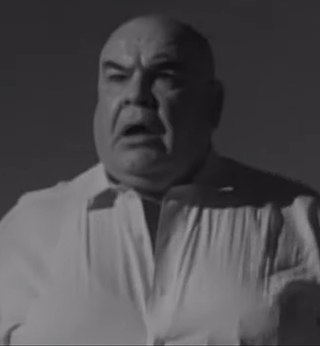
Karl Erik Tore Johansson, better known by the stage name Tor Johnson, was a Swedish professional wrestler and actor. As an actor, Johnson appeared in many B-movies, including some famously directed by Ed Wood. In professional wrestling, Johnson was billed as Thor Johnson and Super Swedish Angel.

Catherine N. Downs was an American film actress.

Lee Patrick was an American actress whose career began in 1922 on the New York stage with her role in The Bunch and Judy which headlined Adele Astaire and featured Adele's brother Fred Astaire.
Jane Adams is an American actress and screenwriter. Known for her work in independent cinema, her acting credits include Light Sleeper (1992), Happiness (1998), Mumford (1999), Songcatcher (2000), The Anniversary Party (2001), Eternal Sunshine of the Spotless Mind (2004), Little Children (2006), All the Light in the Sky (2012), and She Dies Tomorrow (2020).

Jane Withers was an American actress and children's radio show hostess. She became one of the most popular child stars in Hollywood in the 1930s and early 1940s, with her films ranking in the top ten list for box-office gross in 1937 and 1938.
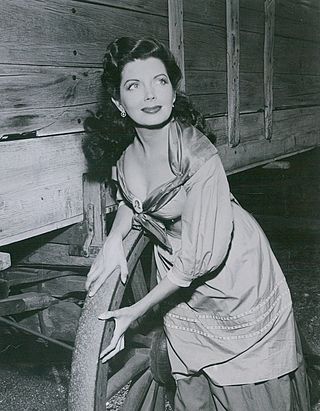
Betty Jane Bierce, better known by her stage name Jane "Poni" Adams, was an American actress in radio, film, and television in the 1940s and 1950s.
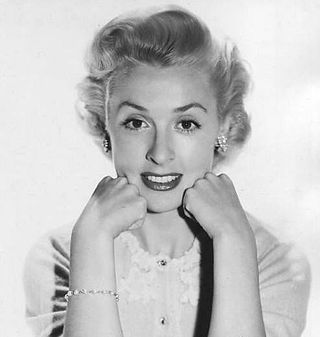
Elena Angela Verdugo was an American actress who began in films at the age of five in Cavalier of the West (1931). Her career in radio, television and film spanned six decades.
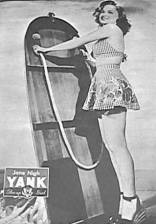
Bonnie Lenora "Jane" Nigh was an American actress who appeared in more than 40 films and television shows.

Helen Virginia Parrish was an American stage and film actress.

Carleton Garretson Young was an American actor in radio, film and television.

Jane Bryan was an American actress groomed by Warner Bros. to become one of its leading ladies but she chose to retire from acting in 1940 at age 22, after which she became a philanthropist and arts patron.
Robert A. Kurson is an American author, best known for his 2004 bestselling book, Shadow Divers, the true story of two Americans who discover a World War II German U-boat sunk 60 miles off the coast of New Jersey.
Ronald Sanders is a Canadian film editor and television producer.
Cowboy G-Men is an American Western television series that aired in syndication from September 1952 to June 1953, for a total of thirty-nine episodes.
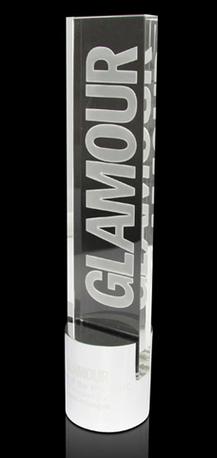
The Glamour Awards is an annual set of awards hosted by Glamour magazine. Woman of the Year awards honour "extraordinary and inspirational" women from a variety of fields, including entertainment, business, sports, music, science, medicine, education and politics. There is also an award handed out each year called the Man of the Year for men.

The Bachelor's Daughters is a 1946 American comedy film directed by Andrew L. Stone and written by Stone and Frederick J. Jackson. It stars Gail Russell, Claire Trevor, Ann Dvorak, Adolphe Menjou, Billie Burke, Jane Wyatt and Eugene List. The film was released on September 6, 1946, by United Artists.
Marion Rothman was an American film editor active from the 1960s through the 1990s. She is best known for her work on two 1970s Planet of the Apes movies, as well as Mystic Pizza and Christine. She also had a screenwriting credit on the 1960 film The Wild Ride. Her first known assignment was assisting with the cutting of 1959's The Diary of Anne Frank. She served as a mentor for editor Virginia Katz in Los Angeles.
Fred W. Berger was an American film editor. He was nominated for an Academy Award in the category Best Film Editing for the film The Hot Rock. He also won a Primetime Emmy Award and was nominated for seven more in the category Outstanding Picture Editing for his work on the television programs M*A*S*H and Dallas.

Isaac Stanford Jolley was an American film and television actor. He starred in the 1946 film serial The Crimson Ghost, in which he played the role of Doctor Blackton and also voiced the title character.
References
- ↑ "27 Aug 1980, 103 - The Los Angeles Times at Newspapers.com". Newspapers.com. Retrieved 2019-04-13.
- ↑ Powell, Larry; Garrett, Tom (2013-12-02). The Films of John G. Avildsen: Rocky, The Karate Kid and Other Underdogs. McFarland. ISBN 9780786466924.
- ↑ Hallenbeck, Bruce G. (2009-08-11). Comedy-Horror Films: A Chronological History, 1914-2008. McFarland. ISBN 9780786453788.
- ↑ Bales, Kate (1999). Cinematographers, Production Designers, Costume Designers & Film Editors Guide. Lone Eagle. ISBN 9781580650175.